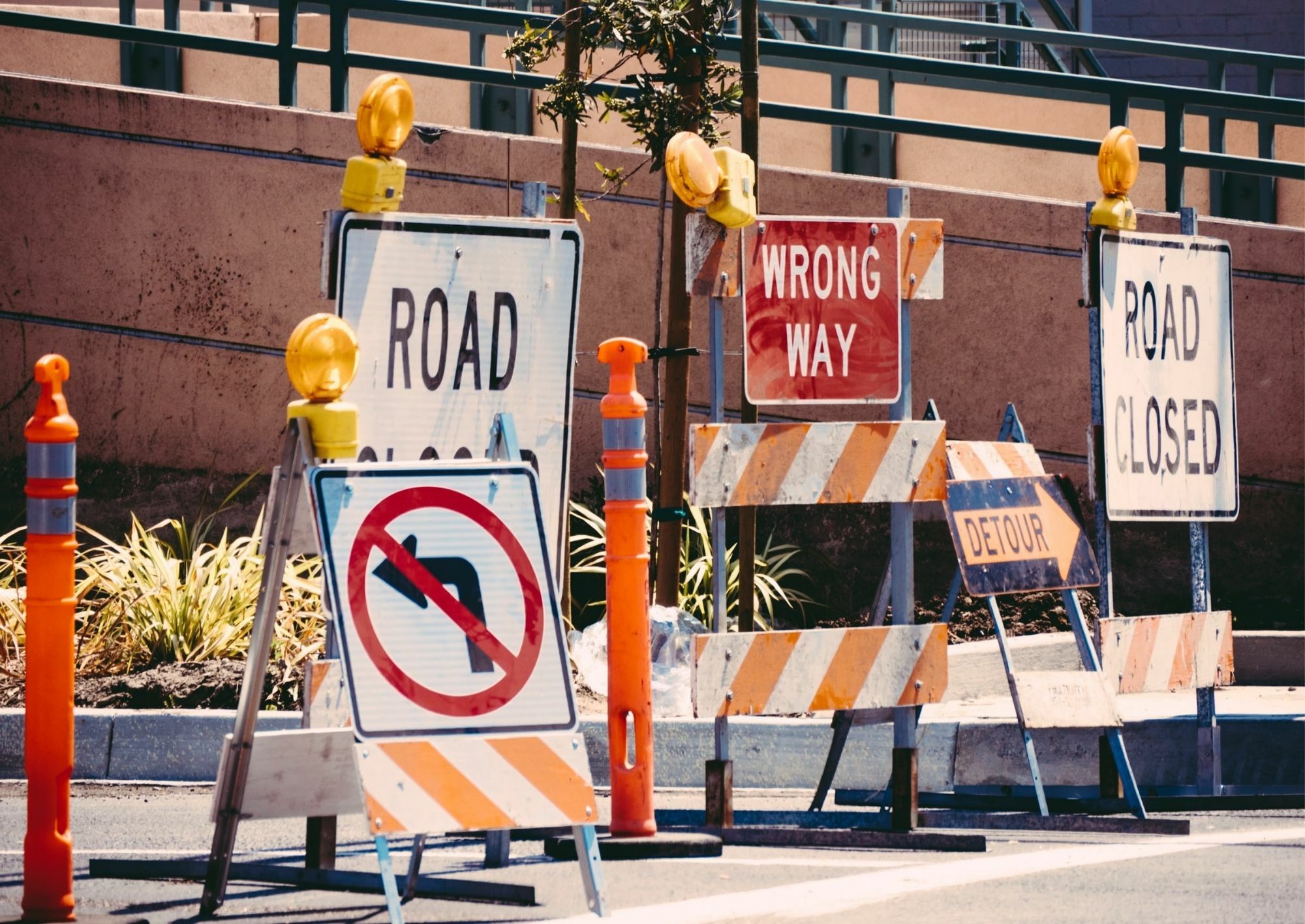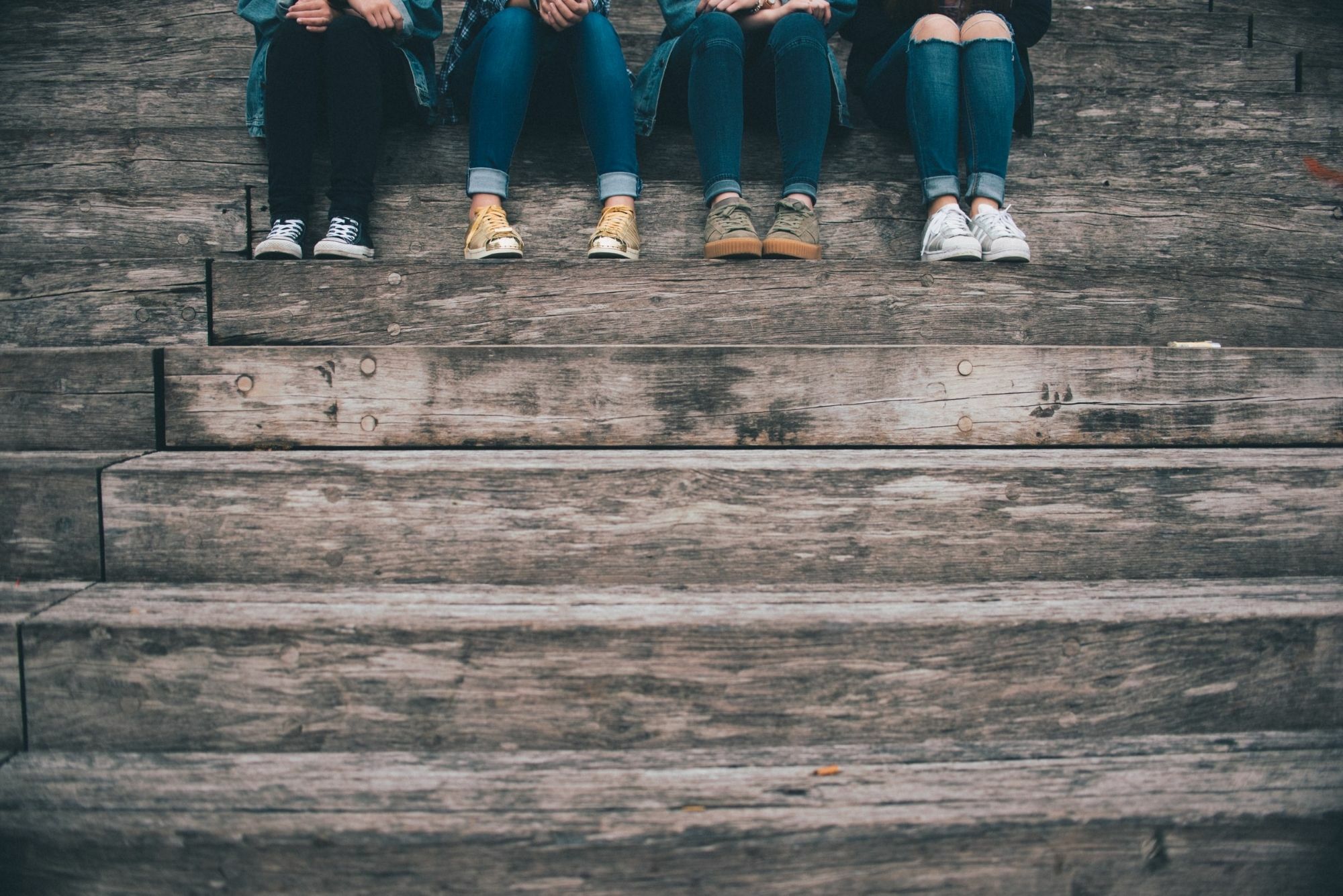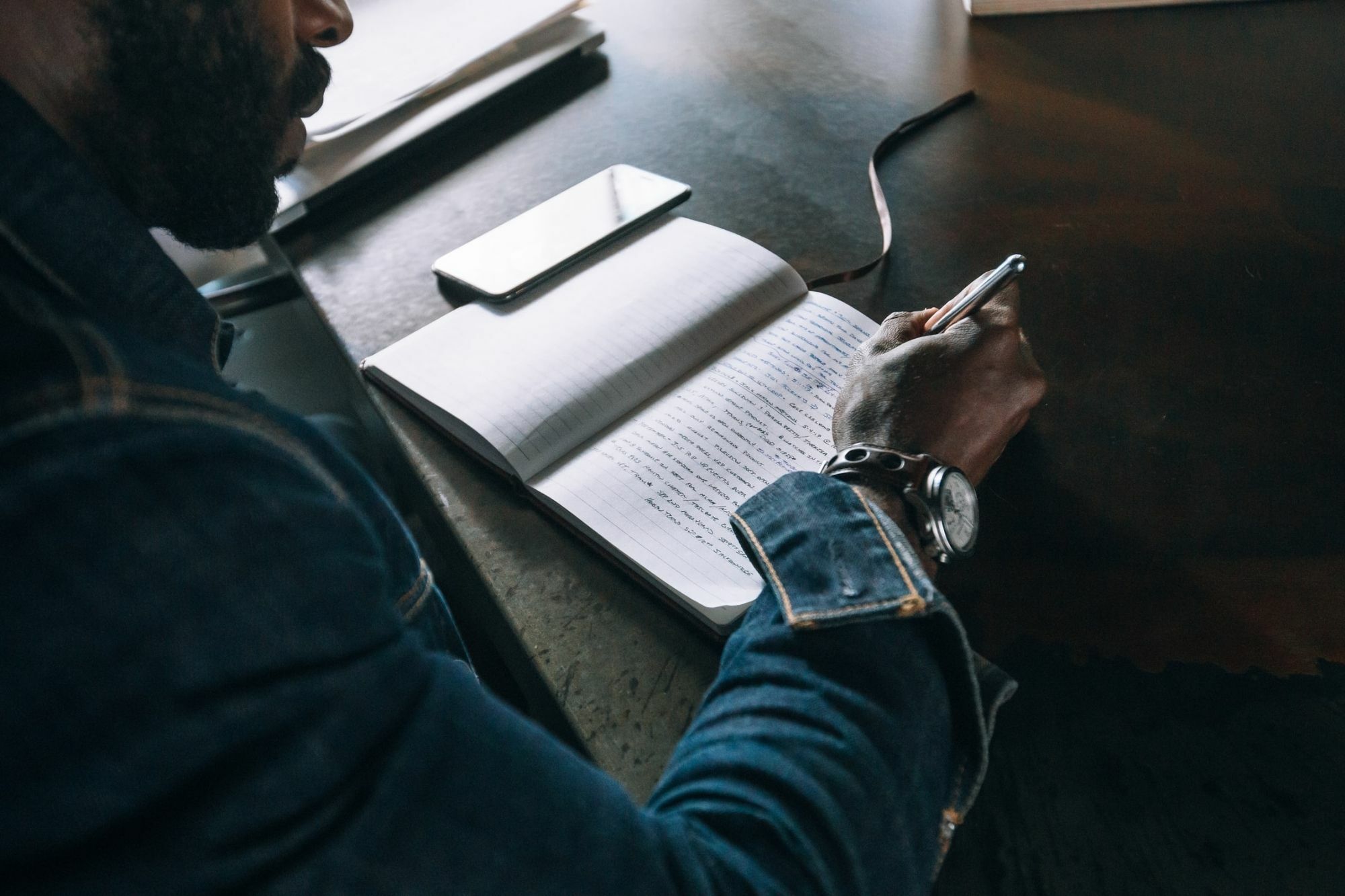As a parent, you have a key role to play in supporting your child to think critically about pornography.
Below are some key messages you can explore with your child in a conversation about pornography.
Younger teens
Download a copy of the key messages for younger teens here.
Older teens and young adults
Download a copy of the key messages for older teens and young adults here.
So, what now? Options to discuss with young people about what to do about pornography
There are lots of reasons to think that pornography is not great. But it’s pretty common for people to use it, and to expect others to – especially guys. So, what are your options?
Give pornography a miss
You don’t have to watch pornography. It’s possible to choose not to. Maybe you don’t want to have your imagination impacted by pornography. Or you don’t want to use stuff that’s made by an industry that plays rough with people’s bodies and lives. It’s okay to decide that pornography is not something you’re going to use.
Get critical
If you see pornography, remind yourself to be aware of what you’re watching, and how there are messages being sent to you that aren’t right – instead of just watching it without thinking.
Get help
If you watch a lot of pornography or are concerned about your pornography use, or pornography you have seen, you may wish to seek help from someone who can support you.
If a young person needs additional help for their pornography use, they may be able to access support through a student counsellor, wellbeing coordinator, student support services or any other trusted school staff member. Their doctor will be able to help with referrals to services such as counselling and youth services.
If they have experienced sex that is unwanted, pressured, coerced or forced, they can get support through a sexual assault service. For a list of sexual assault services in different jurisdictions, see: respect.gov.au/services
If a young man wants to learn about engaging in more respectful relationships, they can contact Mensline Australia on 1300 78 99 78 or via mensline.org.au
If a young person has experienced online bullying, they or a parent can contact the eSafety Commissioner: esafety.gov.au/about-us/how-we-can-help
Additionally, Kids Helpline supports young people aged 5-25 with a range of issues and can be contacted on 1800 55 1800 or via kidshelpline.com.au





